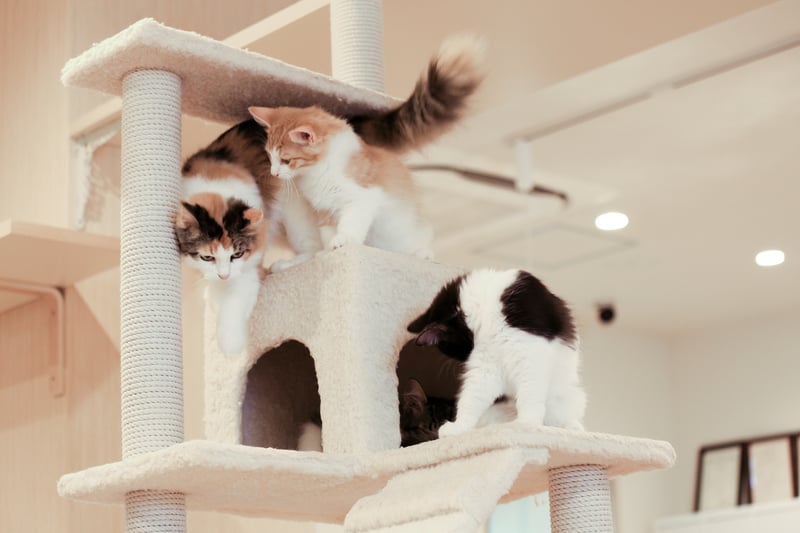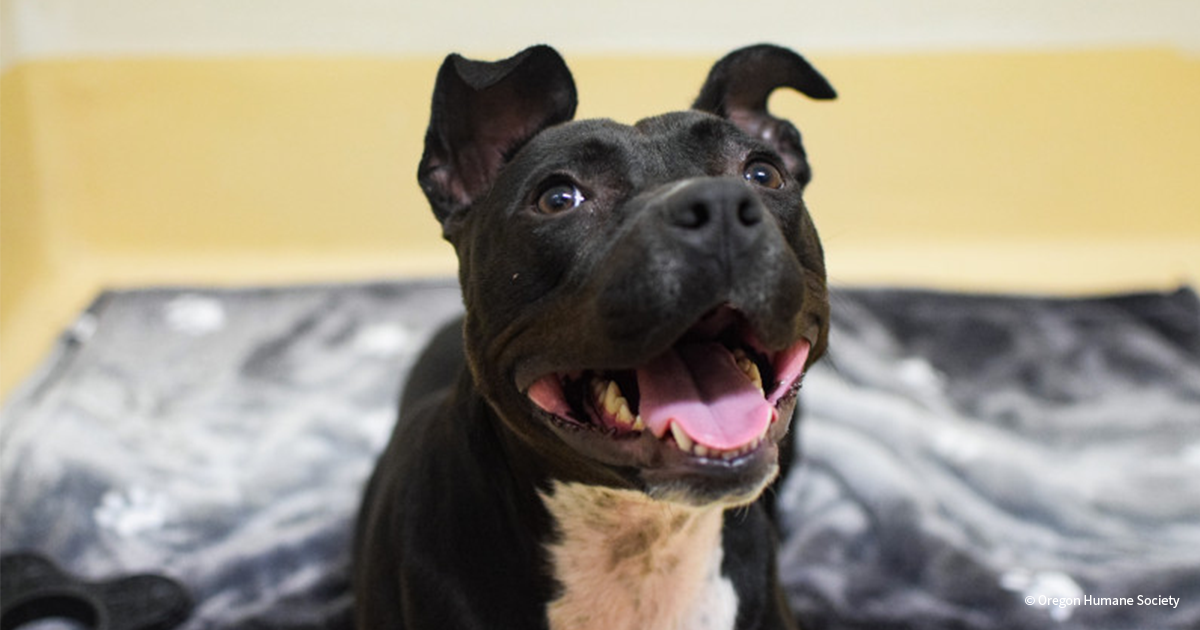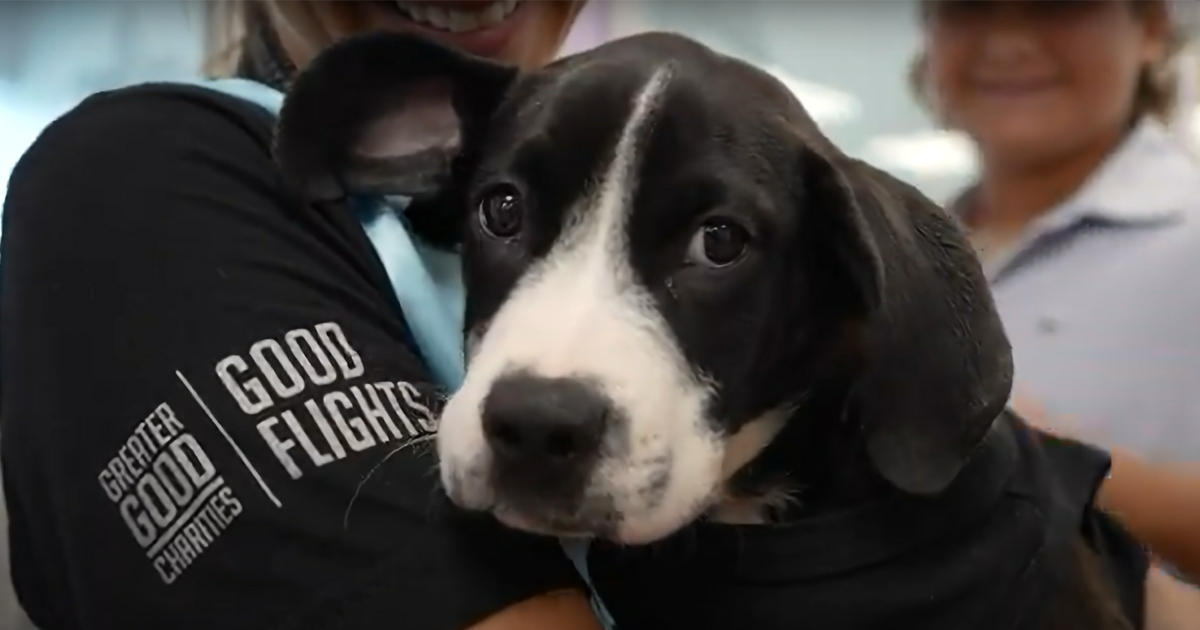Why You Should Adopt a Cat: Health, Connection, and Lifesaving Impact
More than 46 million U.S. households have discovered the joy of living with a cat—and for good reason. Cats offer companionship, comfort, and surprising health benefits. They’re intelligent, adaptable, and often misunderstood. But millions of adoptable cats in shelters across the country are still waiting for someone to take a chance on them.

If you’ve ever asked yourself, “Should I adopt a cat?”, here are the key reasons why the answer might be yes.
The Benefits of Adopting a Cat Extend Far Beyond Companionship
Adopting a cat from a shelter doesn’t just give an animal a second chance—it gives you a lifelong friend. Cat adoption saves lives and helps reduce overcrowding in shelters, especially for adult and senior cats who are often overlooked.
Choosing to adopt supports your local shelter network, and in return, you get a companion who brings joy, comfort, and connection into your daily life.

Cats Are Intelligent and Trainable
Many people underestimate how smart cats are. While their independence is often mistaken for aloofness, cats are observant, quick learners who thrive with positive reinforcement. With simple techniques like reward-based clicker training, many cats can be trained to sit on command, give a high-five, or walk on a leash.
These small accomplishments build confidence and strengthen your bond—and they’re especially helpful for shy or anxious cats adjusting to a new home.

Adopting a Cat Supports Your Mental and Physical Health
The health benefits of adopting a cat are well-documented. Studies show that living with a cat may reduce stress, lower blood pressure, and even contribute to improved heart health. The soothing sound of a cat’s purr has been linked to calming effects and reduced anxiety levels.
For people navigating loneliness, loss, or stress, the daily rituals of feeding, playing, and caring for a cat can restore a sense of routine and emotional connection.

Cats Are Naturally Entertaining and Full of Personality
Cats are famously curious and often hilarious. From late-night zoomies to spontaneous midair acrobatics, they bring a playful unpredictability that keeps life interesting. Their individual quirks and expressive body language mean no two cats are the same, and that’s part of what makes them so captivating to live with.
They’re also remarkably adaptable, making them well-suited for people living in apartments, shared housing, or busy households.

Shelter Cats Come in All Types—And They're Waiting
One of the often-overlooked benefits of adopting a cat is that many different personalities and energy levels are represented in shelters. From social butterflies to low-key lap cats, there's a wide range of feline companions waiting for homes. Older cats, in particular, often arrive already litter-trained and accustomed to living with people.
Whether you're looking for a chatty sidekick or a mellow companion, adoption offers a unique opportunity to find the right match, and shelter staff can help guide the process.

Should You Adopt a Cat? Here’s What to Consider
- Are you looking for a companion who is independent but still loving?
- Do you want a pet who fits well into a small space or low-maintenance lifestyle?
- Are you ready to commit to daily care and a long-term relationship?
If yes, adoption may be a perfect fit. Cats can live 15 years or longer and will become an important part of your home and routine.
Why Adopting a Cat Matters
Every cat adopted from a shelter frees up space and resources for another animal in need. Adoption reduces euthanasia, supports shelters, and contributes to a more humane animal care system.
At Greater Good Charities, we support shelters and rescue organizations nationwide with food, medical supplies, and operational support—so more cats can not only survive, but thrive.


